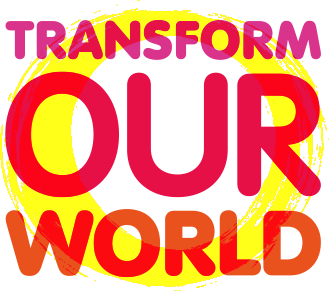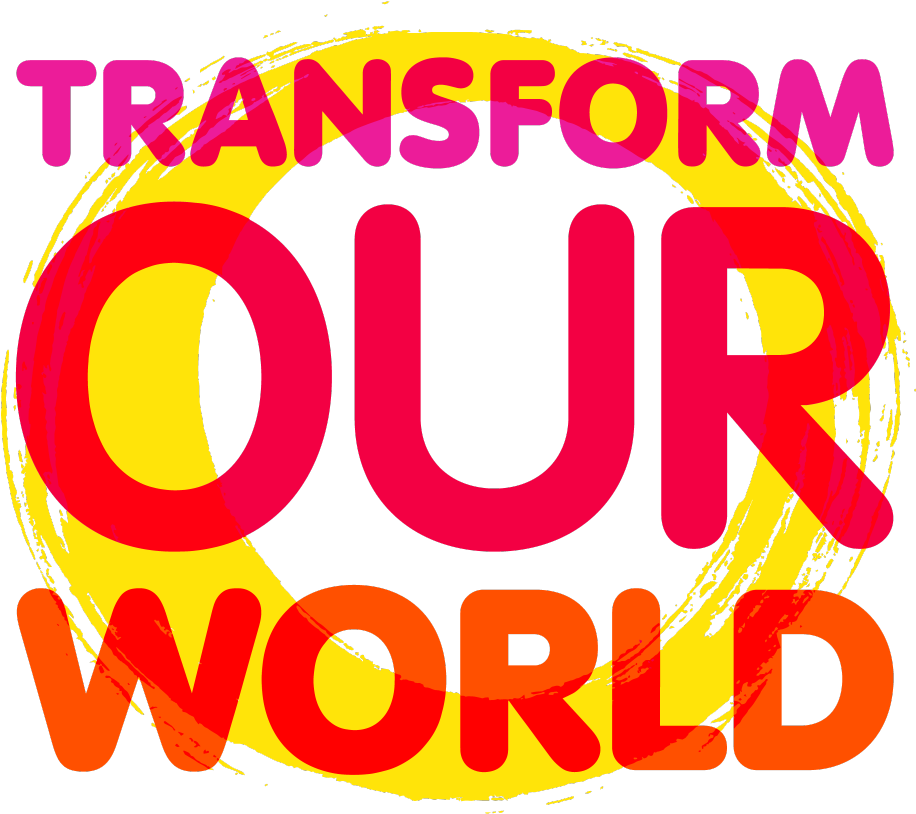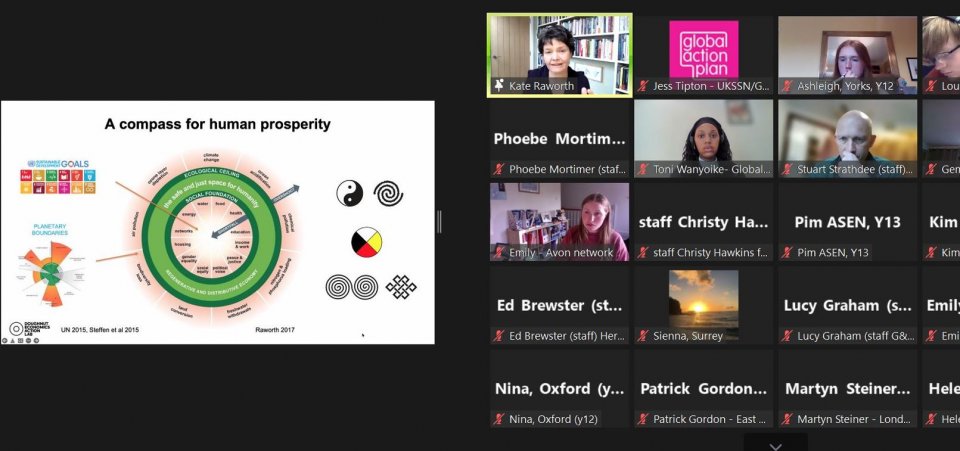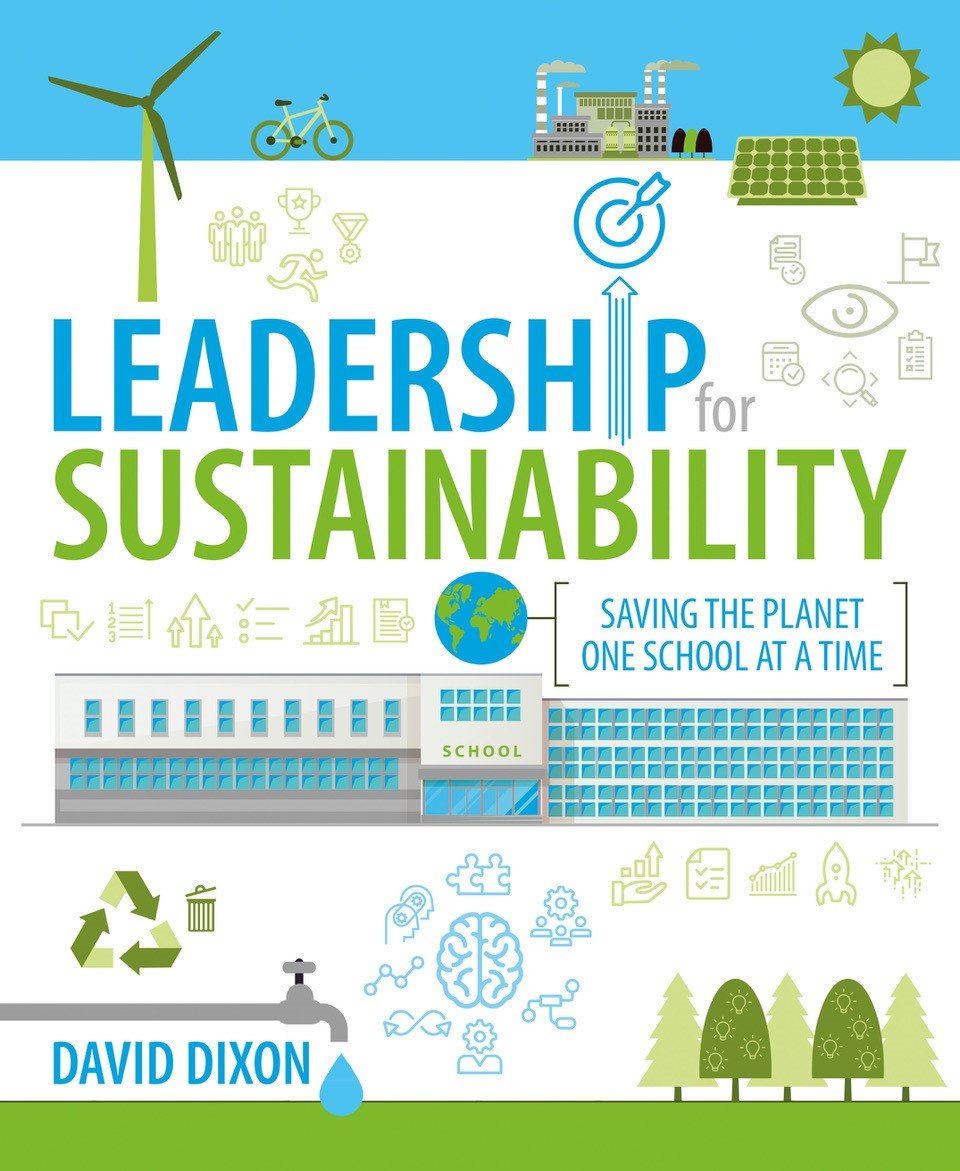
UKSSN students and staff from across the networks were invited to read and review Rupert Read’s new book, Why Climate Breakdown Matters, ahead of its publication on 11 August 2022 by Bloomsbury. Below you can read our thoughts on the book as a whole, followed by short reviews by different students and staff of each chapter.
General thoughts on the book
"An intellectually challenging and, quite frankly, terrifying evaluation of the direction in which the fight against climate change is going."
-Ashleigh, Year 12 student, Yorkshire
"Insightful and much needed analysis of the current climate crisis which, while falling into the sad trap of being pretty inaccessible language-wise like lots of climate literature, is well worth a read for anyone in any doubt about why climate breakdown matters and in need of both a challenging and realistically hopeful way to come to terms with the answer."
-Nor, Year 12 student, Oxford
"An incredibly readable, compelling argument for transformative action on every level. It is a book I want to convince all my climate-aware, green-supporting, recycling friends to read. Those that are aware of the issue, yet remain comfortably unreactive to the worst possibilities. The MPs that talk the talk, yet still consistently vote for more of the same. The business leaders and billionaires that refuse to do anything, because any movement towards action will affect their incomes. The many philosophical arguments and clear examples gave me a strong underpinning for the climate crisis conversations I will have in the future, leaving me with a vital feeling of empowerment and agency. It is a hard read, not for the faint hearted, yet also full of real positive hope. I am certain I will be using the phrase ‘Precautionary Principle’ along with accompanying explanations on a regular basis in the future."
-Mary Leonard, Teacher of Science & Sustainability Lead, Worle Community School Academy, Somerset
"Rupert Read’s book is incredibly challenging in its insistence on inevitable breakdown; in reading (parts of) it I have undergone a process of considerable anguish alongside catharsis and intellectual contemplation. Unfortunately, I think its message is necessary, and this process a minor reflection of the kinds of grief, confrontation and soul-searching that we require as a global society. Whether the book will ‘land’ beyond committed environmentalists is far from sure, but it is likely to affirm/clarify the conviction in this group that only radical transformation/deep adaptation will enable us to contend with coming catastrophe. Civilisation as we know it is ending, one way or the other. Read does offer a range of intriguing intellectual tools to be the ideas at hand when 'crisis hits full into consciousness’; their philosophical nature does not always sit easily with the acknowledgement of the lurking realities of human suffering and mortality – but they are certainly worth all our contemplation."
-Megan Murray-Pepper, Teacher of English, Magdalen College School, Oxford
"One of the most challenging books I have read in a long while. The author took me on an intellectual and emotional journey, providing a new and important perspective on what we need to do to navigate the climate emergency. Whilst I would urge people to read the book, I suspect it will be inaccessible to most. I suggest that for the book and author to succeed, the challenge will be how to communicate these messages in a way that has real and lasting impact on the world."
-Paul Edmond, Chief Finance Officer, Heart Academies Trust, Bedfordshire

Chapter reviews
Chapter 1: ‘Just How Much do you Care About the Future of Humanity?’
"Given how completely grim Rupert Read’s introductory chapters are, chapter one is surprisingly upbeat in its message. Apart from the long list of challenges and societal barriers that he opens the chapter with, I found lots of comfort in his stance. Echoing similar sentiments expressed throughout the environmental movement, Read explains how the answer to shifting societal attitudes towards positive climate attitudes is not with new values and not utterly impossible but requires us to cultivate some old values. He points to the fact we are “people who deeply love their (‘our’) children”, leading us to not just want our children's survival but a chance for them to thrive, which includes being able to care for their own children and calling for collective action to allow us to do this. As the chapter continues, Read eloquently argues that collective action is the only way to overcome the state of “profound ill-being” we are in where are not properly caring for our descendants because who knows where they will live or what they will want to do. What could be worth more than their futures? Then he goes on to skilfully knock down any rebuttal. He does concede, though, that while his argument is built on what he believes is an “ineluctable logic”, inviting us to “spread awareness of this logic of love” as he has, there are some strong arguments for pushback including “our desire for choice” and the huge challenge of ever being healthy enough, which he accurately describes as “daunting”. Ending the chapter with an invitation to learn how to practise our fundamental trait of love better by reading on, Read starts off his book with an insightful, wordy, in some ways quite corny, and sadly much-needed statement about love being the answer."
-Nor, Year 12 student, Oxford
Chapter 2: ‘Is Climate Breakdown a White Swan?
"Rupert Read starts off chapter two by pointing out the feeling unreality inherent in our predicament – that “intelligent governments and elites (could) be plane stupid enough to knowingly drive us all, including themselves, off the cliff”. He then uses logical examples to clearly demonstrate this is fallacy – that we have dedicated the better part of a century, along with unimaginable funds, to the madness that is nuclear weaponry. He illustrates our lack of willingness to recognise and prepare for climate breakdown with a very clear, concise comparison to our lack of willingness to recognise and prepare for the equally obvious threat of a global pandemic. Read speaks very clearly and convincingly, presenting unarguable points in logical order – he has a clear understanding of how complex interdependent systems function, and how these can be completely knocked off course by catastrophic events, which have the capacity to bring these complex systems crashing down. He makes it incredibly obvious that in the case where there is a possibility of such a catastrophic event, “where the possibility of ruin may be present, … the precautionary principle ought to be applied”. Read is compelling in his argument that we need to be ahead of this threat, in a way in which we failed to do so for a global pandemic."
-Mary Leonard, Teacher of Science & Sustainability Lead, Worle Community School Academy, Somerset
Chapter 3: ‘Is This Civilization Finished?’
"This chapter, like every other in this book, is not the most uplifting read. It explains, in no uncertain terms, the complete and utter failure of the Paris Agreement; its reliance on dreams of future technologies and its inability to actually secure the commitments needed to save humanity. It describes Paris as based on an “overly conservative, overly optimistic, unsafe and unprecautious” understanding of climate change, and then goes on to argue that the agreement itself, nor its successor Glasgow deal, stands any chance of even being able to abate catastrophic climate change based on those unrealistic predictions. Explaining in no uncertain terms the way in which we are “flying off a cliff”, Read goes on to argue in this chapter that it is identity politics, and the myth of the need for ‘progress’, that is preventing humanity from transforming into a society compatible with a sustainable relationship with the planet. Instead, the myths that economic value defines us creates a spiral of damage that brings us ever closer to assured destruction at the hands of our climate change. He argues that the individual, wealth-driven approach that the vast majority of humanity takes to life is preventing us from even being able to comprehend what needs to be done to save our planet and species. Ultimately, Read concludes in this chapter that the consistent failures of humanity to act means that it is too late to simply adapt our society to the challenges of climate change; the best possible outcome of the current challenge that faces humanity is a rapid transformation of society and civilisation that makes it almost unrecognisable. The only other alternative seems to be the partial or all-out collapse of human civilisation. Read finishes this chapter by arguing that, while we work towards this rapid transformation, we as humans must be able to have conversations with our children in which we explain to them the problem that faces earth and humanity; that humanity will no doubt face abominable loss in the decades to come as it seeks to transform. It may be this truth, and the need to say it to our children, that spurs on a will to save our civilisation. While we should not give up hope ‘full stop’, this chapter argues that civilisation is all but doomed, and that current our current concept and target of ‘sustainability’ is not in itself sustainable, that we must strive to transform and construct a civilisation truly capable of being civil, of not exceeding its means or causing harm to its home planet."
-Will, Year 12 student, Midlands
Chapter 4: ‘The Great Gift of Community that (Climate) Disasters Can Give Us’
"Here begins ‘the heart of the book’: its offering of the values and concepts that might constitute the breakthrough that can proceed from our collective experiences of breakdown. The latter is partially reframed as “one of our greatest chances” to discover the cooperative humanity that could initiate an adapted civilisation. (“We either transform deliberately and collectively, or we collapse”.) Read begins by confronting the assumptions about a selfish, brutish, ‘Hobbesian’ human nature which underly both liberal individualism and fears that ecological disaster might unleash profound uncivility. The reverse, he suggests, could actually be true: disasters have often proven to be “opportunities for levels of cooperation and altruism that are almost unheard of in everyday society”, a species of ‘gift’ despite their attendant mortality and squalor. Read offers a useful light sketch of three significant texts within the field of ‘Disaster Studies’, summarising Rebecca Solnit and Jeff Schlegelmilch’s studies of a range of global disasters over more than a century to conclude that really shattering events simultaneously provide the possibility of transformation. Disasters often birth sudden, spontaneous forms of pro-social behaviour and communitarian effort – and even joy. The chapter contains an important though not fully integrated acknowledgement that “much of normal life under atomizatory neoliberalism is a kind of constant low-level disaster”. Read finally relies heavily on the work of Charles Fritz to indicate how the understanding of human nature as pro-social in the face of disaster might be integrated into disaster preparation or re-localisation – or, with one of his occasionally sentimental turns of phrase, “how best to empower ordinary people to be amazing”. He urges us towards “disaster-localism – a genuinely adaptive, positive, transformative” way through the anthropogenic crises that are certain to come our way with grim frequency. A chapter that, in the face of devastating possibilities, wills us to believe the best of human nature.
-Megan Murray-Pepper, Teacher of English, Magdalen College School, Oxford
Chapter 5: ‘How Climate Grief May Yet be the Making of Us’
"The fifth chapter in this book delves into the personal emotions that we as humans are/should be feeling in response to the undeniable breakdown of life on our planet. Initially Read explains the ‘philosophy of grief’ in its most recognisable ‘ordinary’ form – the loss of a loved one. Using his own experience of losing a friend, Read speaks openly about the denial and array of contradicting emotions he felt accepting this death, yet he later shows how climate-grief is (arguably) even more painful. Read describes how it is well known that singular grief can be “encompassed, experienced, and emerged from” however, in the context of our environment, not only are we mourning the present – perhaps a loss of species, the deterioration of a coastland or deaths in communities struck by (un-)natural disasters (the list goes on) – but we are already grieving for the future. Those who feel this grief are almost one step ahead in the process as there is no longer denial surrounding the future that we as humans have created for ourselves. However, Read’s analysis of this grief shows us that despite the anxiety caused, it may be the emotional breakthrough that many need to take serious action. What if these heart wrenching feelings are not just healthy, but necessary? In his words, “if you’re not sometimes terrified and enraged, you are not paying attention” – so maybe, after all, I have to agree that “climate grief may yet be the making of us”."
-Ashleigh, Year 12 Student, Yorkshire
Chapter 6: ‘Can We Understand Cetacean Society? Can We Change Ourselves?’
"The sixth chapter of this book examines how we, as humans, have many similarities with other species and how by understanding these further we can make a more impactful change by placing less of an emphasis on the individual and focusing on our communities. Read highlights the necessity for us to re-evaluate how we as a species work, and how destructive this pseudo individualism is towards the efforts we are making to protect this planet; he reminds us of how critical it is that we work together and “transform our societies and not conform to their failing trajectory”. He rightly praises the indigenous communities that have lived in harmony with the Earth for years and points to them as a source of inspiration for us. Moreover, Read looks to Cetacean society (a social species of whales and dolphins) for answers. He finds that we have divisions between individuals, while their sense of self transcends that. It is important to note that he does not reduce what cetaceans do to human activities but instead displays the differences between these two animal species, which allows us to recognize the salience of a collaborative society. The author does not shy away from the ecocide we are causing, and while this can create a disheartening tone at times, it continually reminds us of the necessity for drastic change. Throughout the chapter he discusses different views for us to extend our sense of what we can do, which ultimately contributes to an inspiring message, by seeing what differs between us and cetaceans. This chapter was extremely compelling and forced me to question why as a society we are still not taking this climate emergency seriously and completing a shift in how we function as a species."
-Anusha, Year 12 Student, London
Chapter 7: ‘How to Live in Truth Today’
"The central premise of the book is that ‘climate chaos’ is now all but inevitable. A collective will to change course in a short period of time has shown no sign of emerging. Those that embrace the need to change are too few; those with the fewest resources have no means to change; and those with too much have little motivation to change. In addition, we have an addiction to ‘growth’ and ‘more’ that comes at a price we cannot afford to pay. The argument of the book is therefore to change our point of focus to what we can achieve. Wake people up to how vulnerable they really are. Cling on and minimise destruction wherever possible. Stop having children. Try and create as soft-a-landing as possible into the new world. Focus individual and local community efforts on resilience to what will be civilisation-changing events. Act independently of governments (who have collectively failed). Reframe and think about when we fail rather than when we succeed.
When I started reading the book my reaction was that the premise was far too negative and dystopian, too much fear and too little hope. To agree was to give up on humanity, on my family and children. I persevered and chose to adopt one of its final recommendations – wuwai – to stop and really consider the arguments and logic of the author. I reflected on my own experience of climate action, my knowledge of human nature (a degree in Biology and Evolution and studies in human psychology) and my observations of family and friends, of local and national governments. Several days of contemplation later I found myself despairing at where we are, my children’s future, my role as a leader, and what this all really means, precisely the journey the book is trying to take us on."
-Paul Edmond, Chief Finance Officer, Heart Academies Trust, Bedfordshire

Author Rupert Read
Contact
If you would like to know more about Transform Our World, or any of our programmes, please get in touch.
Thank you for submitting your enquiry! We are currently receiving a large number of enquiries and are trying our best to get back to people as soon as possible. In the meantime, you might find one of the following links helpful:
Access catch up content from the Transform Our World Youth Summit
As a Transform Our World user, you can access the content from the Transform Our World Youth Summit and catch up on the content across three themed days, looking at individual actions we can do, people in power we can influence and the importance of living our true values.
Follow the links below and check out the timestamp guide to navigate the content.
- Are you a teacher? Learn about how to use the website here.
- Looking for teaching resources? You can find our collection of highly-rated resources here.
- Looking for something more long-term? Check out our featured programmes here.
- Want to see what other schools have been up to? Have a read of some case studies here.
- Alternatively, take a look at our FAQs and About pages as they might help to answer your question(s).
All the best,
The Transform Our World team

is brought to you by






